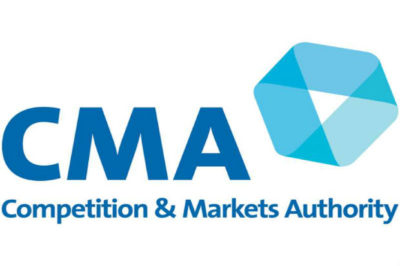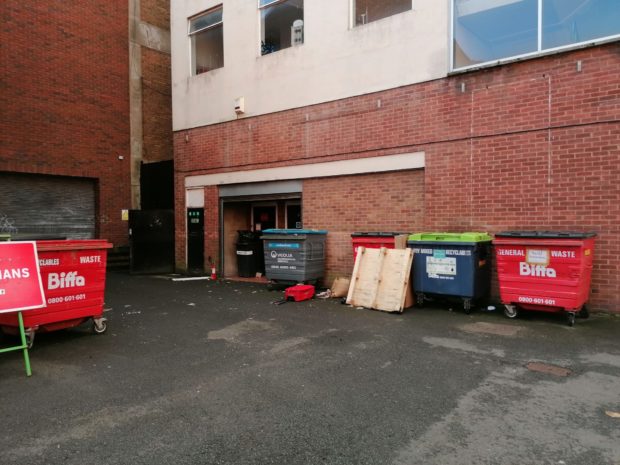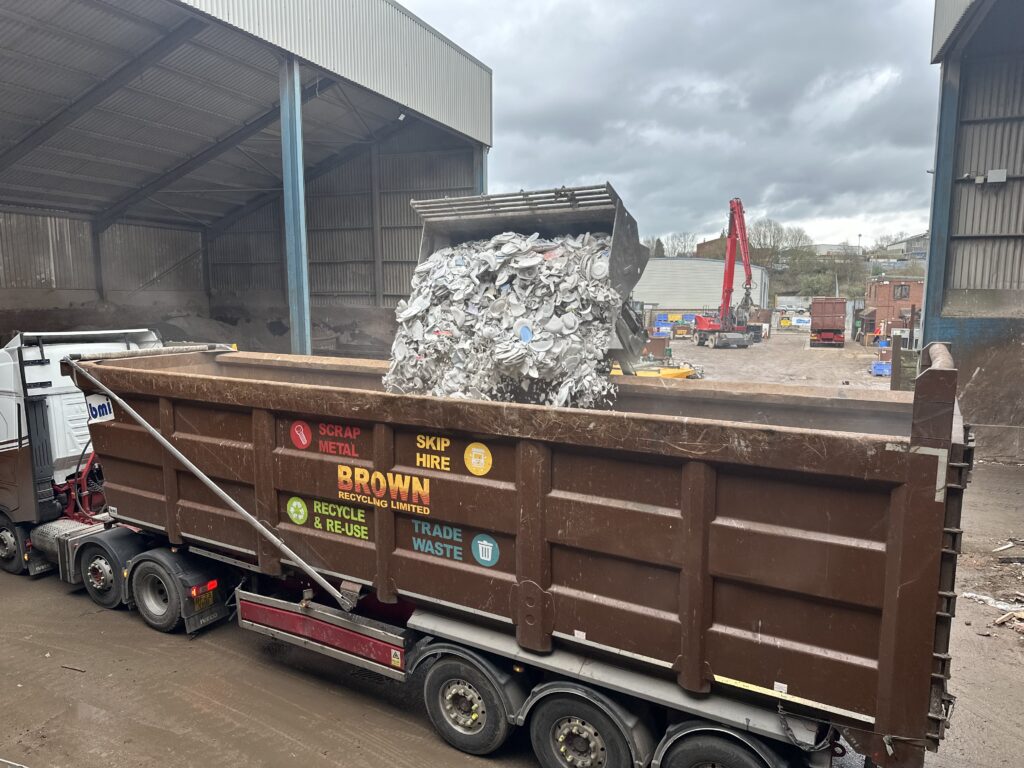The CMA is investigating the UK situation following the agreement by Suez to sell out to Veolia. The global deal has been agreed and approved in Paris but sale of Suez’ UK business to Veolia is subject to the investigation.

The response explained that Veolia welcomes the opportunity for the investigation to be moved to the more in-depth second phase so it can be “looked at with a fresh pair of eyes”.
It also said concerns about “complex waste management contracts” are unfounded, as “that type of contract is a thing of the past”.
“Local authorities are sophisticated organisations with considerable procurement expertise, advised by specialist consultancies, applying a public procurement framework which encourages the tendering of smaller contract lots and (increasingly) using smaller local suppliers and subcontractors,” Veolia’s response said.
Customers can and do choose from a range of competitive alternatives
- Veolia
It added: “Customers can and do choose from a range of competitive alternatives at every stage of the process and the transaction will not change this”.
It also said the CMA had “conflated” the types of competition available in the energy from waste (EfW) sector.
Veolia’s 24 page response was published alongside that of three waste associations and an unnamed ‘company A’ (see letsrecycle.com story).
Competition
Veolia also said the cost savings in the UK from the merger will be passed on to customers “in the form of lower prices and enhanced services to municipal and commercial customers alike”.
On EfW plants, Veolia outlined a number of operators who are able to provide sufficient competition in the market, including FCC, Paprec, MVV, Viridor, and Urbaser.

It also said there are a “a much larger number of merchant ERF operators”, such as enfinium (formerly WTI), Covanta, Bouygues, Pinnacle, Spencer, SSE, Vital Energy, Vogen/Aviva, and Indaver.
Investigation
On 7 December, the CMA completed its phase 1 probe and and raised concerns that the deal could lead to a loss of competition for council contracts, leading to higher prices for local authorities, leaving taxpayers to foot the bill.
It gave Veolia until 21 December to offer concessions to get the deal passed. Veolia declined and the CMA then progressed the probe to a more in-depth phase 2 investigation.
Phase 1
The CMA said the following markets in particular will be impacted
- “Complex” waste management contracts procured by local authorities
- Collections services for both municipal and commercial and industrial (C&I) waste
- The operation and maintenance of local authority-owned energy from waste plants
- Waste incineration services in the Teesside, Wilton 11, Marchwood, and Kemsley areas
- The supply of organic waste composting services at open windrow facilities in certain parts of the Midlands
Veolia’s response broke down each market and explained why it felt competition would not be impacted.
‘Welcomed’
Today’s document published showed that Veolia “welcomes the fact that the transaction will be considered with a fresh pair of eyes at phase 2”.

It also welcomes the opportunity that a phase 2 investigation will give to explore the relevant markets in more detail.
Veolia then broke down each sector and explained why it felt the deal wouldn’t impact competition.
Municipal waste management
Veolia explained that around 50% of local authorities run an in-house service, and many councils also purchase their own vehicles because they have access to low-cost borrowing.
In-house and Teckal options therefore impose a constraint on commercial operators throughout the tender process and will continue to do so post-merger, Veolia said.
It said staff are also passed on to a winning contractor from the previous one under TUPE regulations and the local authority instructs where the waste should go.
“The barriers to winning a collection contract are therefore extremely low,” Veolia added.
Incineration
Veolia said the CMA’s phase 1 decision” conflates different types of competition that take place in relation to incineration”.
Veolia said it confuses competition that takes place on local merchant markets (i.e., external sales of capacity either to other waste management companies or through internal contracting) with competition for municipal contracts, which is national.
“There is no evidence that Veolia and Suez have a better position than other current operators of local authority ERFs and merchant ERFs, meaning that the number of credible competitors is in double figures,” Veolia explained.
Complex contracts
Veolia also said that there is “no distinct category of ‘complex’ contracts and there is no definable group of customers that would fall into such a category. This is seen as a possible important area of concern. The term ‘complex’ was used in Veolia internal documents and then used by the CMA. It appears to apply to large ‘PFI-type’ deals and Veolia argues that these are not now the way councils operate.
“This description is sufficiently vague and flexible to capture the majority of the parties’ municipal contracts, including contracts that cannot on any reasonable basis be considered complex for any waste management company,” Veolia said.
Veolia added: “In the absence of a more precise definition, it is difficult for Veolia to respond to the specific case being made”.

Commercial
On the commercial waste front, Veolia pointed to Biffa and said it is the only company close to 100% national coverage, with 95%.
“The CMA’s concern that the merger would reduce competition for C&I customers with a national presence is unsupported by the data,” Veolia added. Veolia also pointed to the growing role of brokers in the marketplace and how subcontractors can be used to create a national service.
For composting, it also said services – and open windrow composting in particular – is “a hugely competitive market” with “too many competitors” to name.











Subscribe for free